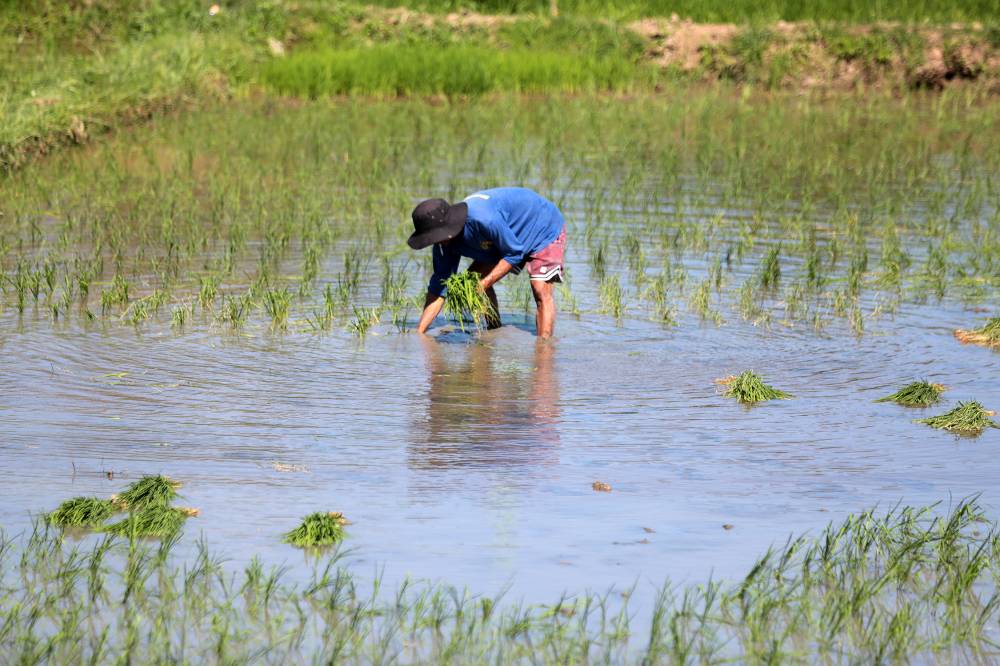Farm schools, not Tesda, should get more funding — agri group leader

Farm schools supported by the Department of Agriculture should get more funds drawn from rice import tariffs, not the Technical Education and Skills Development Authority (Tesda).
The call was made on Thursday by the leader of one of the farmer organizations taking part in the ongoing congressional review of the Rice Competitiveness Enhancement Fund (RCEF), which was established under the 2019 Rice Tariffication Law to allocate P10 billion annually for programs designed to raise the productivity of local agriculture.
During a meeting called by the Congressional Oversight Committee on Agricultural and Fisheries Modernization (COCAFM), Raul Montemayor, national manager of the Federation of Free Farmers Inc., said it might be more prudent to focus less on Tesda, which currently gets the bulk of the RCEF allotments for training.
“My point is, why give that money to Tesda whose mandate is not agricultural training? Why not give it to ATI (Agricultural Training Institute) or Philrice (Philippine Rice Research Institute) so they can strengthen their capacity?” Montemayor said, his question addressed to the committee chair, Sen. Cynthia Villar.
Proposed changes
Under the RTL, the RCEF gets an annual appropriation of P10 billion in six years to fund programs related to farm mechanization (P5 billion), seed development (P3 billion), rice credit assistance (P1 billion), and extension and training (P1 billion).
At present, 70 percent of the RCEF extension and training funds go to Tesda while the Philippine Center for Postharvest Development and Mechanization (Philmech), Philrice and ATI get only 10 percent each.
“I think that ATI, for one, can easily do what Tesda is doing. So why not strengthen ATI instead since that is the one directly under the DA? Why not let the ATI oversee all of the farm schools?” Montemayor asked.
“I think the money should be spent in strengthening the capabilities of the DA agencies in training and extension,” he stressed.
‘Happy with the setup’
In response, Villar said there was still value in making Tesda handle the grant of scholarship vouchers since it encourages more farmers to attend farm schools in their hometowns.
According to the senator, there are currently more than 2,800 farm schools across the country, and that there are more than two farm schools in every town.
“The idea for Tesda to pay for the tuition of our farmers is because they might (otherwise) not be persuaded to study,” Villar said. “Yes, Tesda is not teaching farming—it’s the farm schools — but if you talk to them they’re happy with the setup because farmers are able to go there even if they just walk to school.”
After Thursday’s hearing, Villar said, the oversight committee will prepare a report on its review of the RCEF and whether it would be extended for another six years.
While the COCAFM meeting did not lead to any clear-cut commitment, Agriculture Secretary Francisco Tiu-Laurel told the panel that extending the fund “was very important as we need a few more years to ensure that we give the right support” to farmers.

















